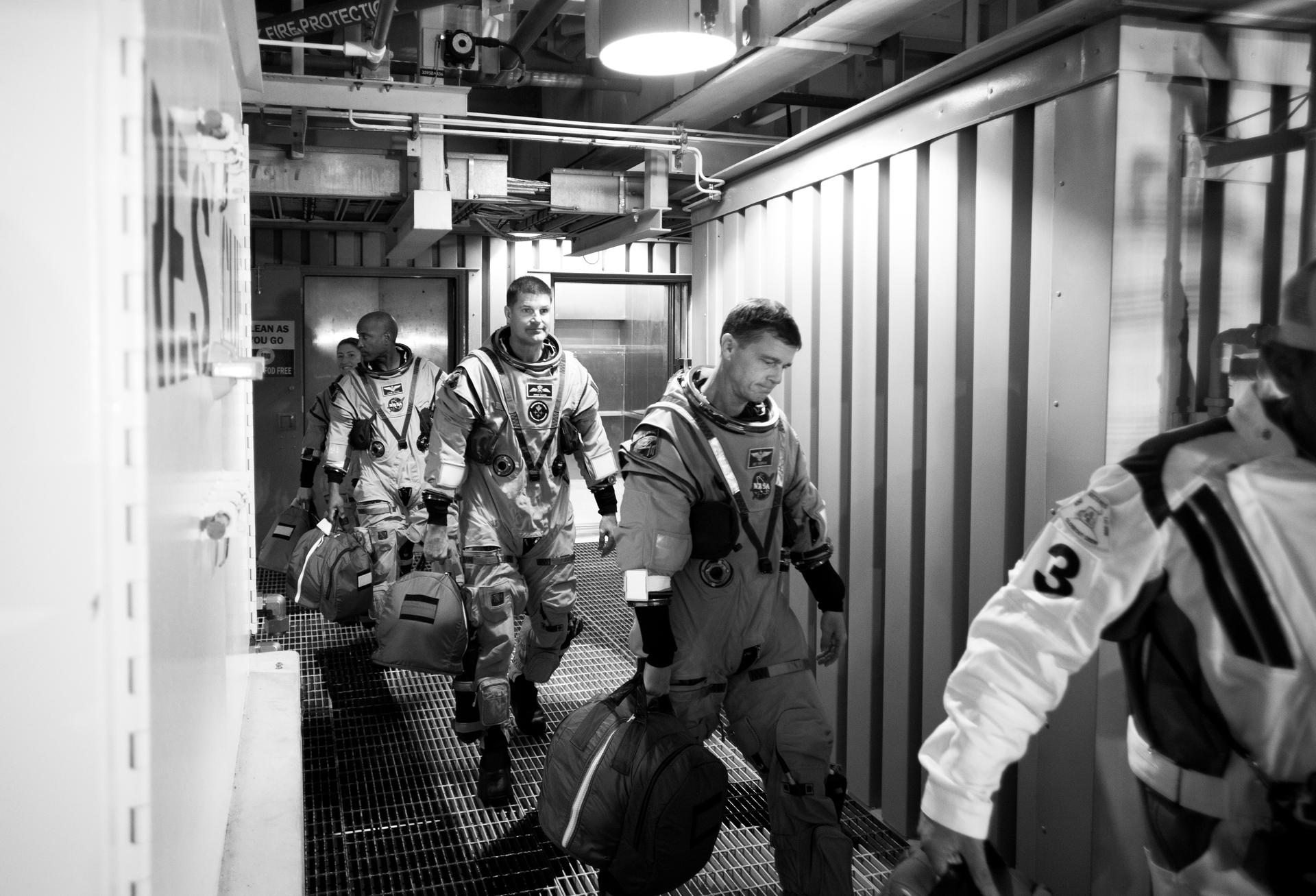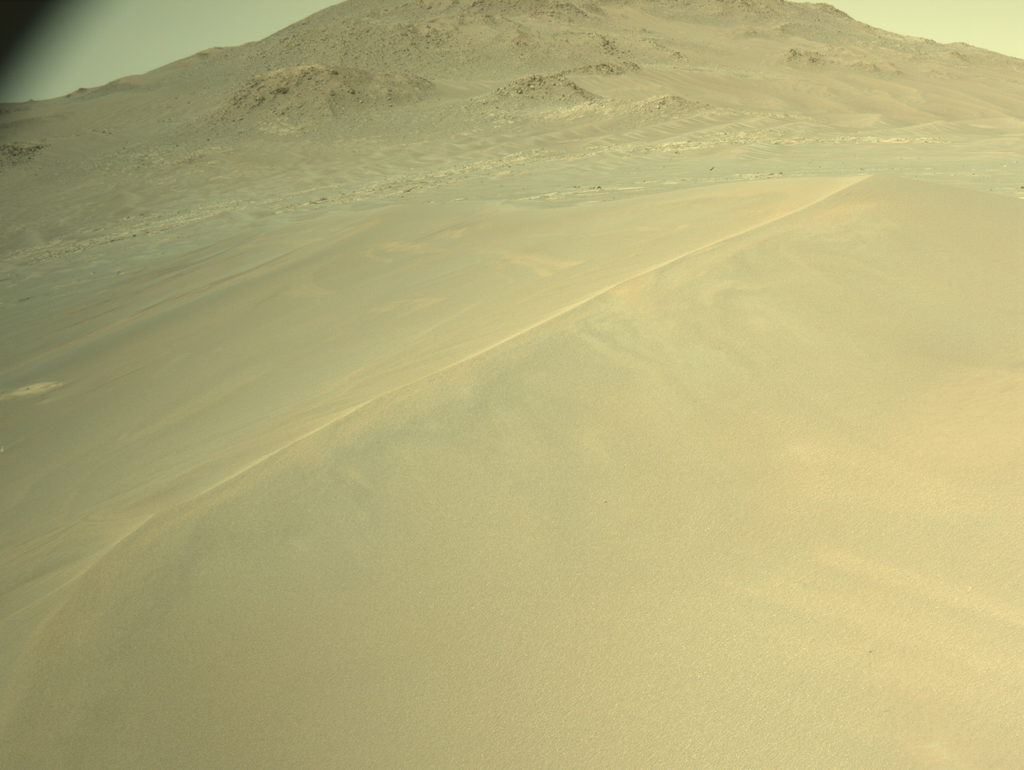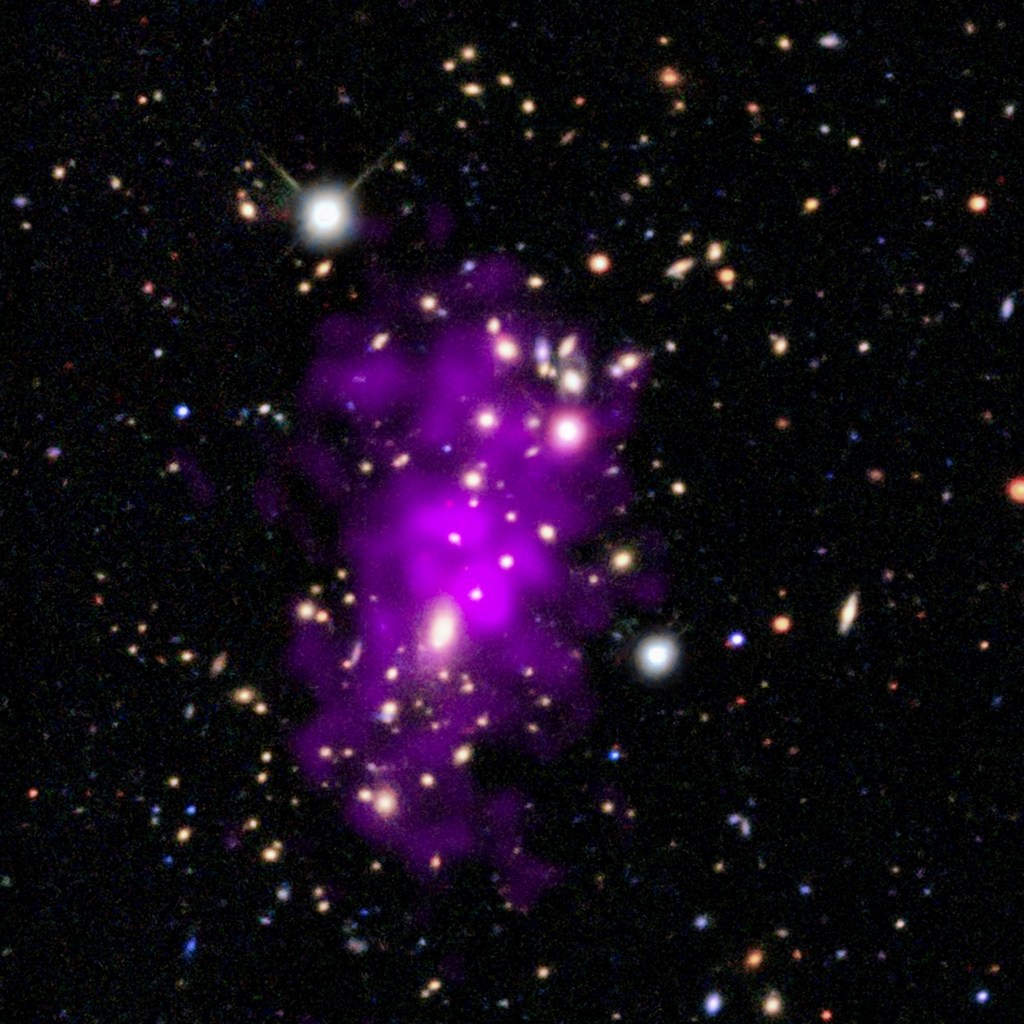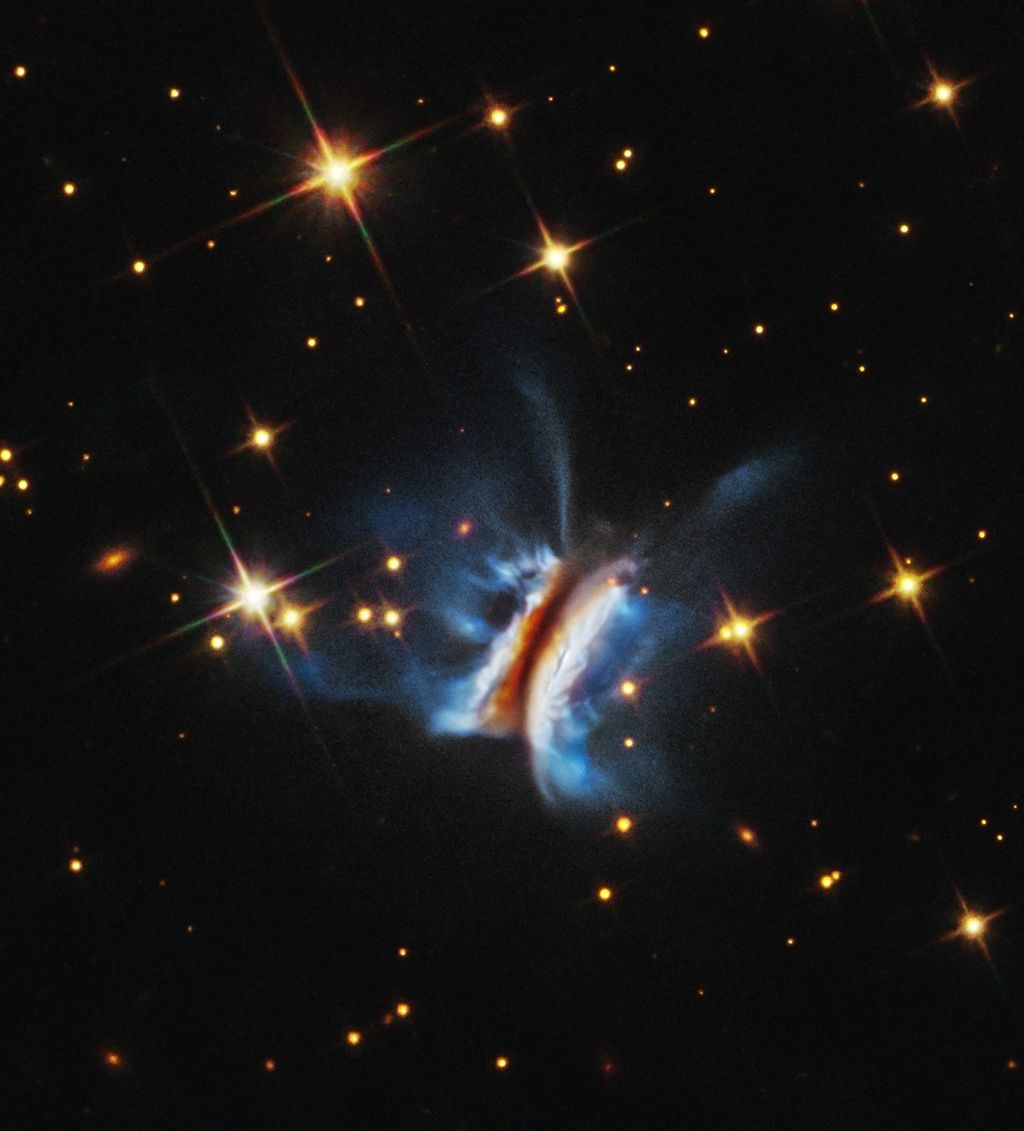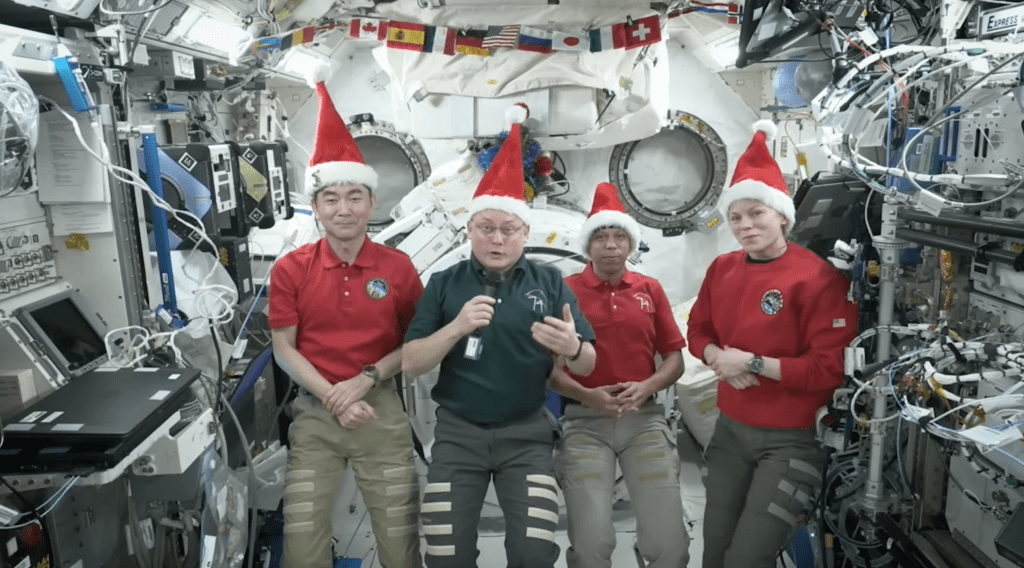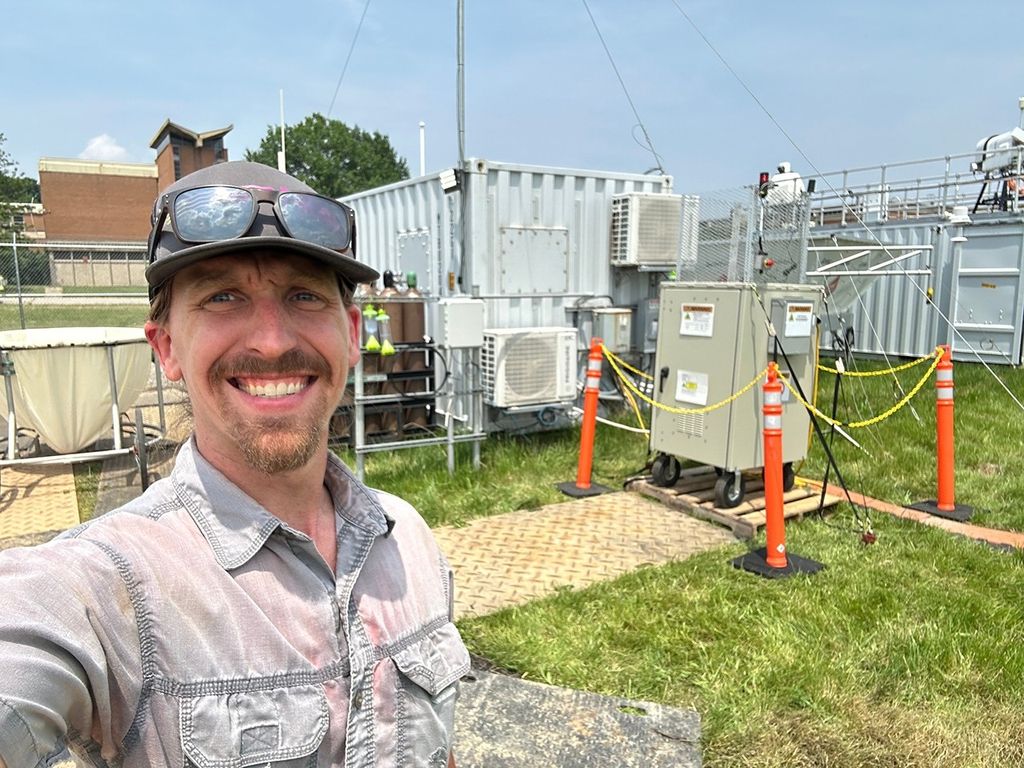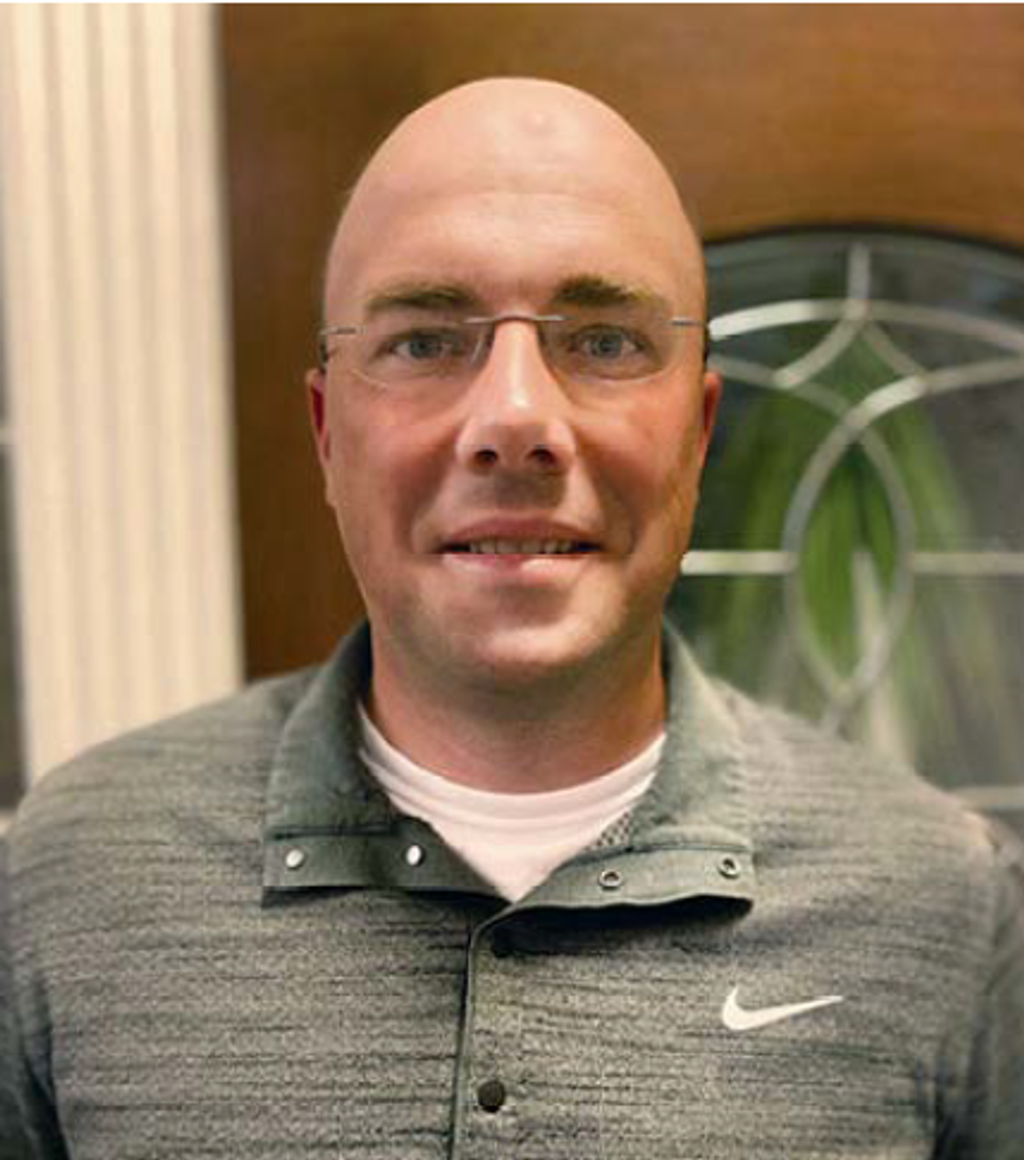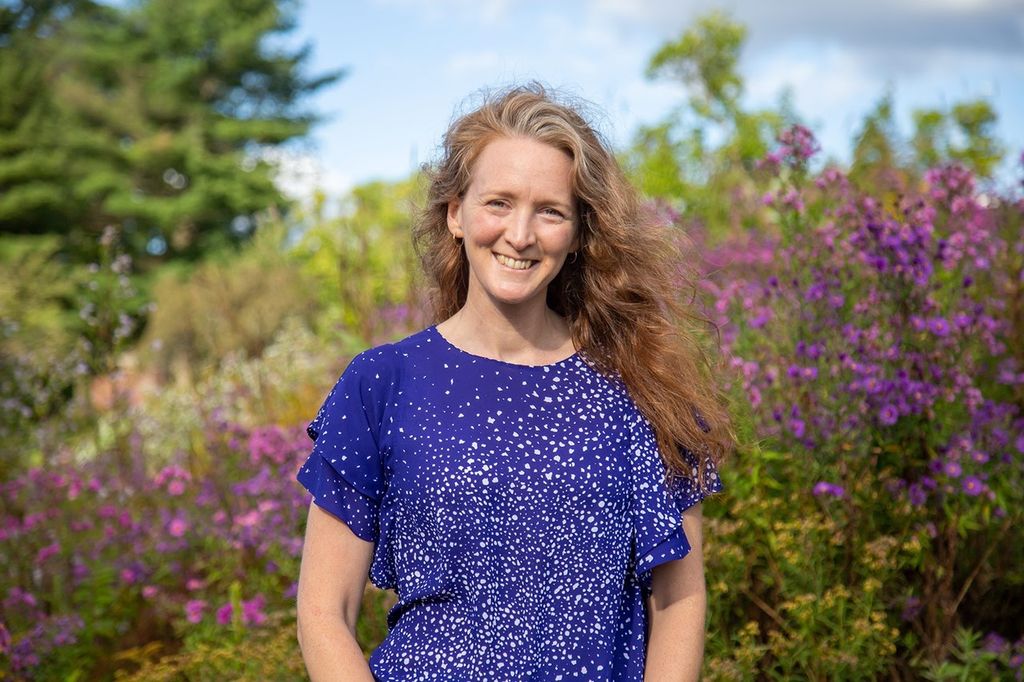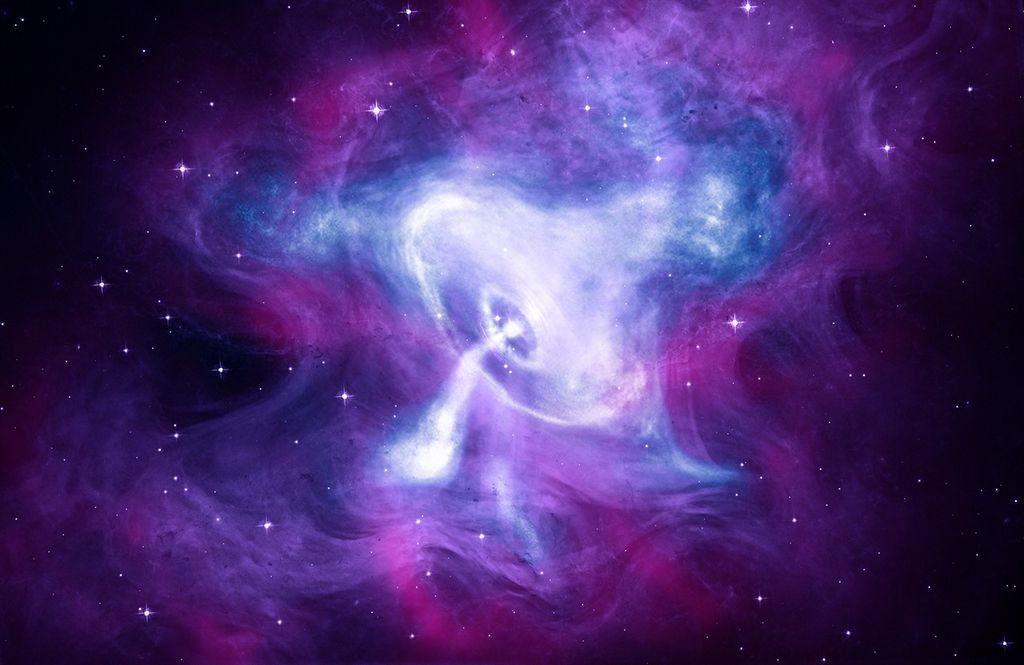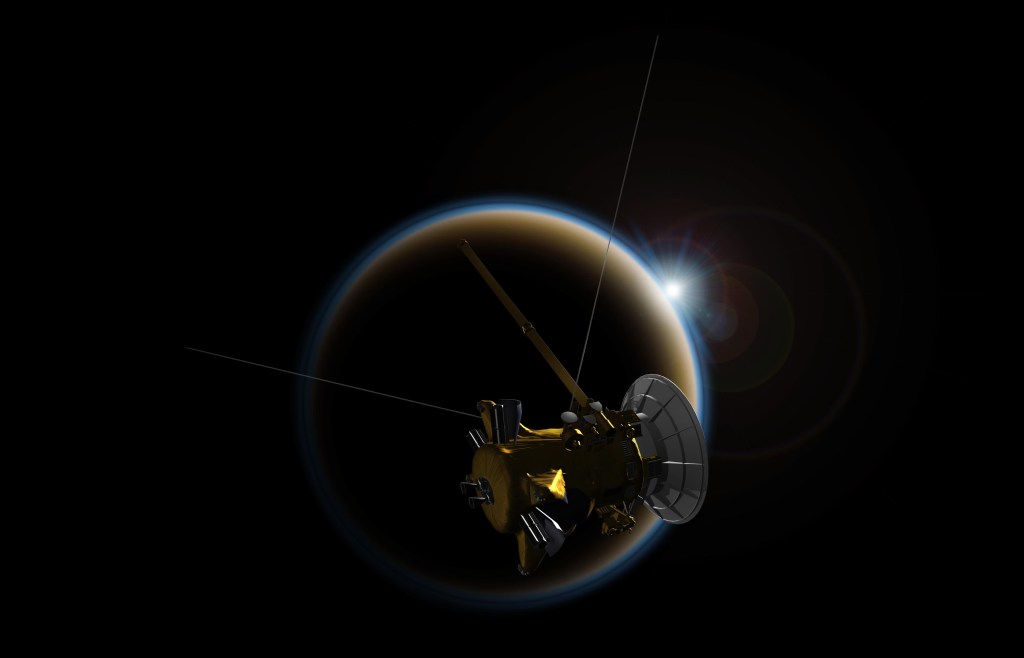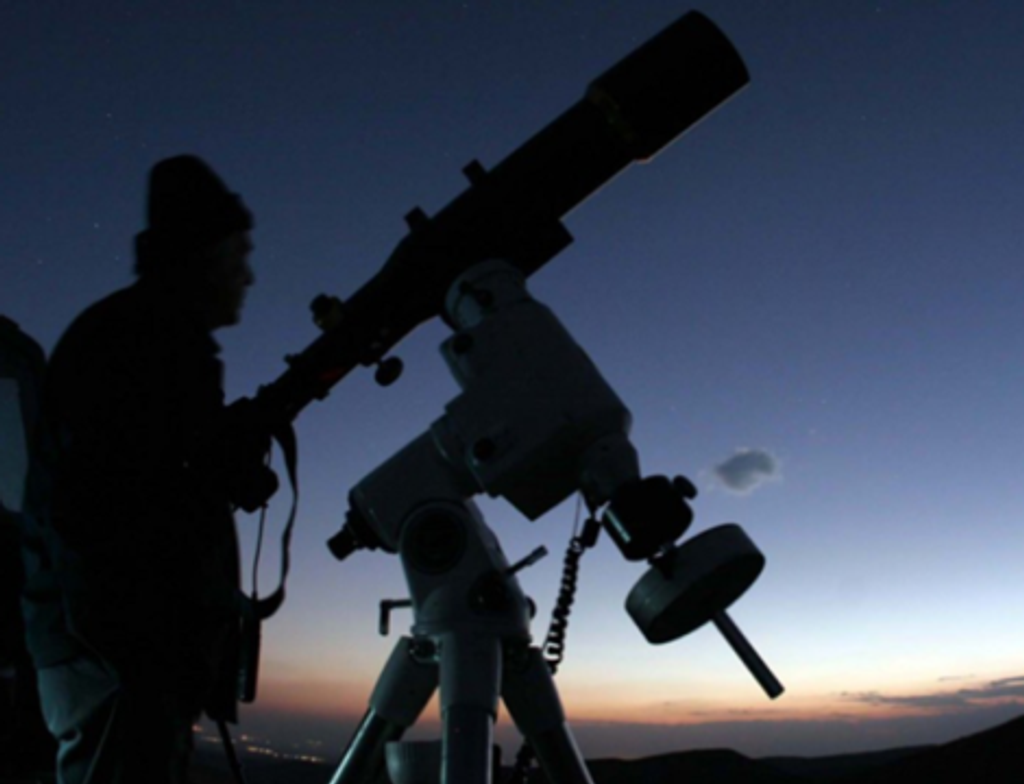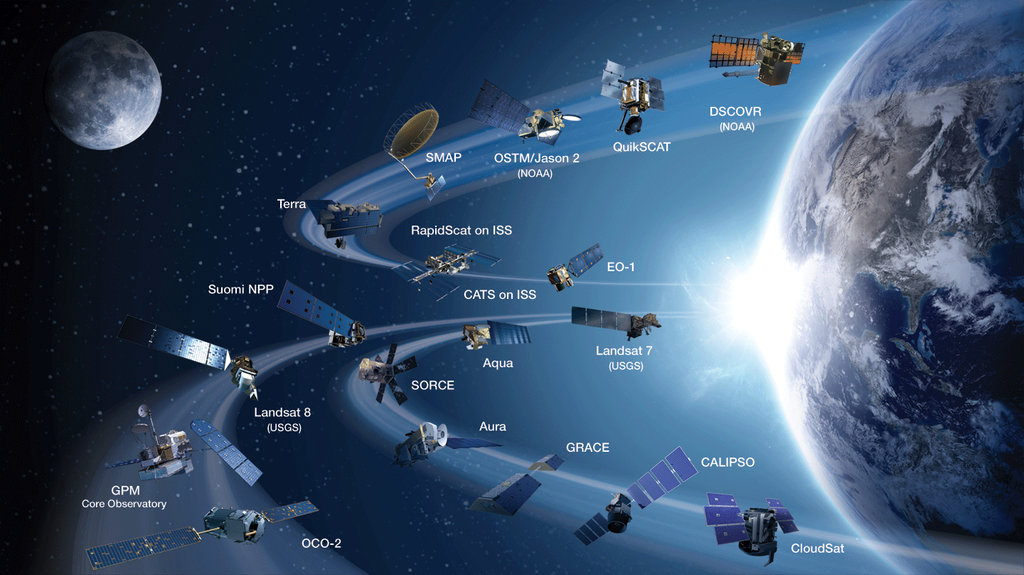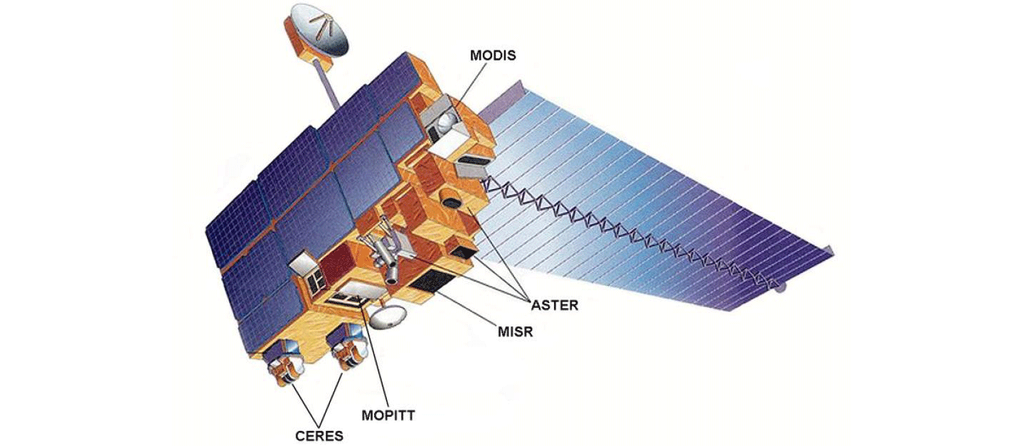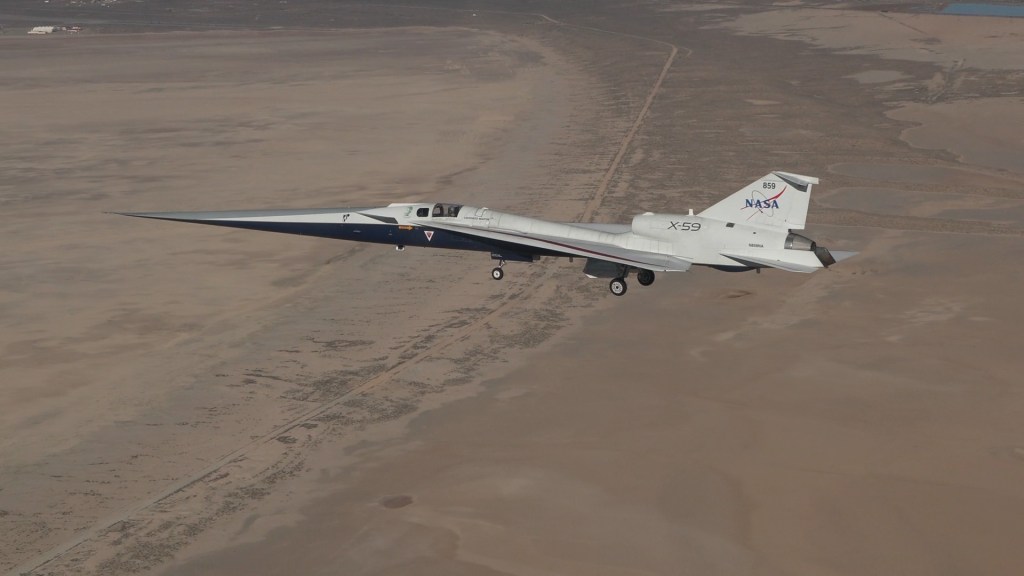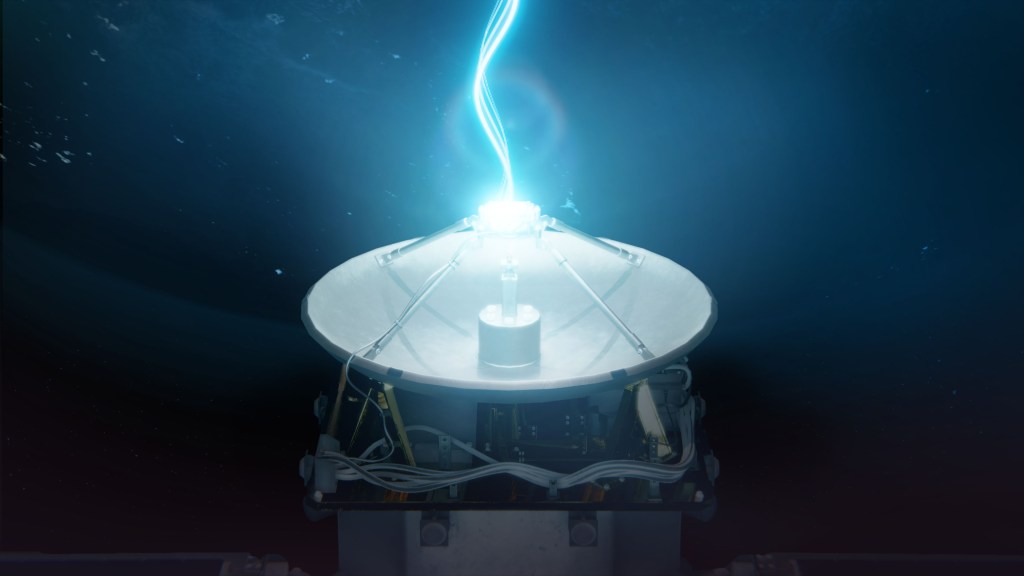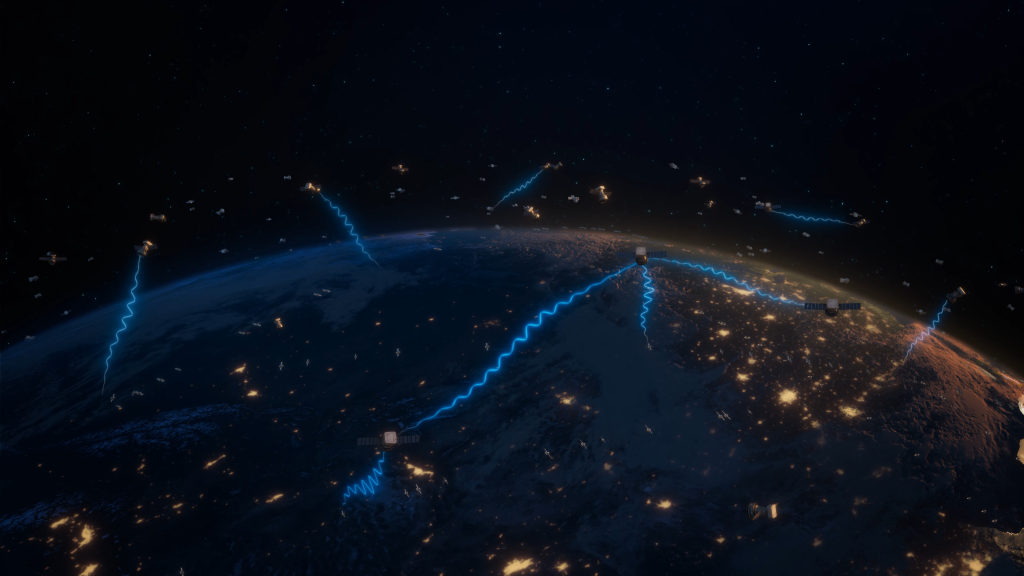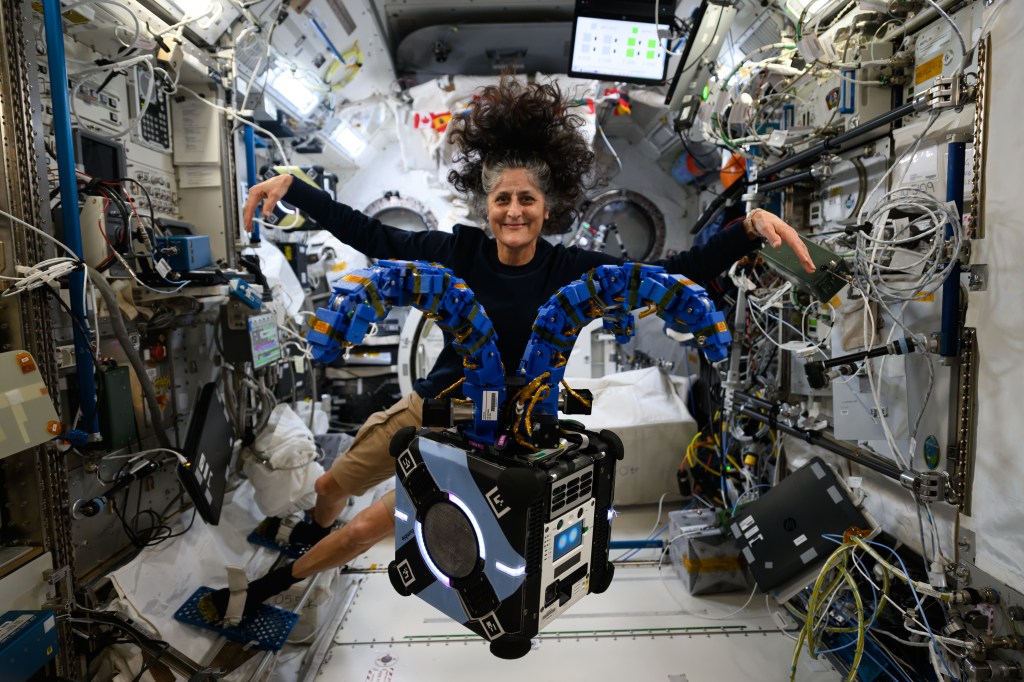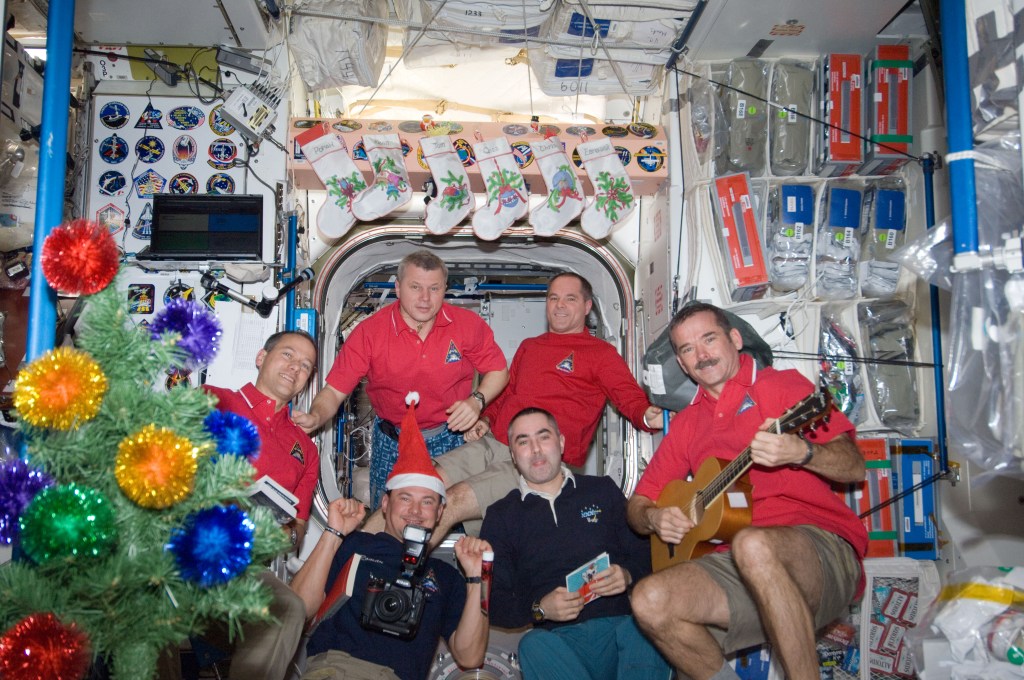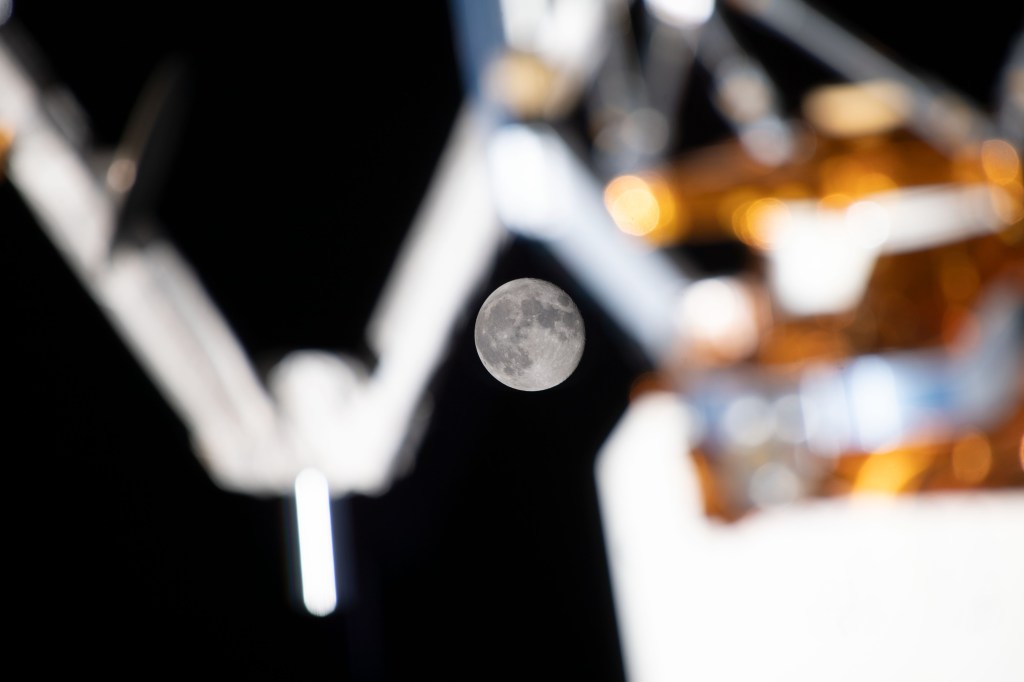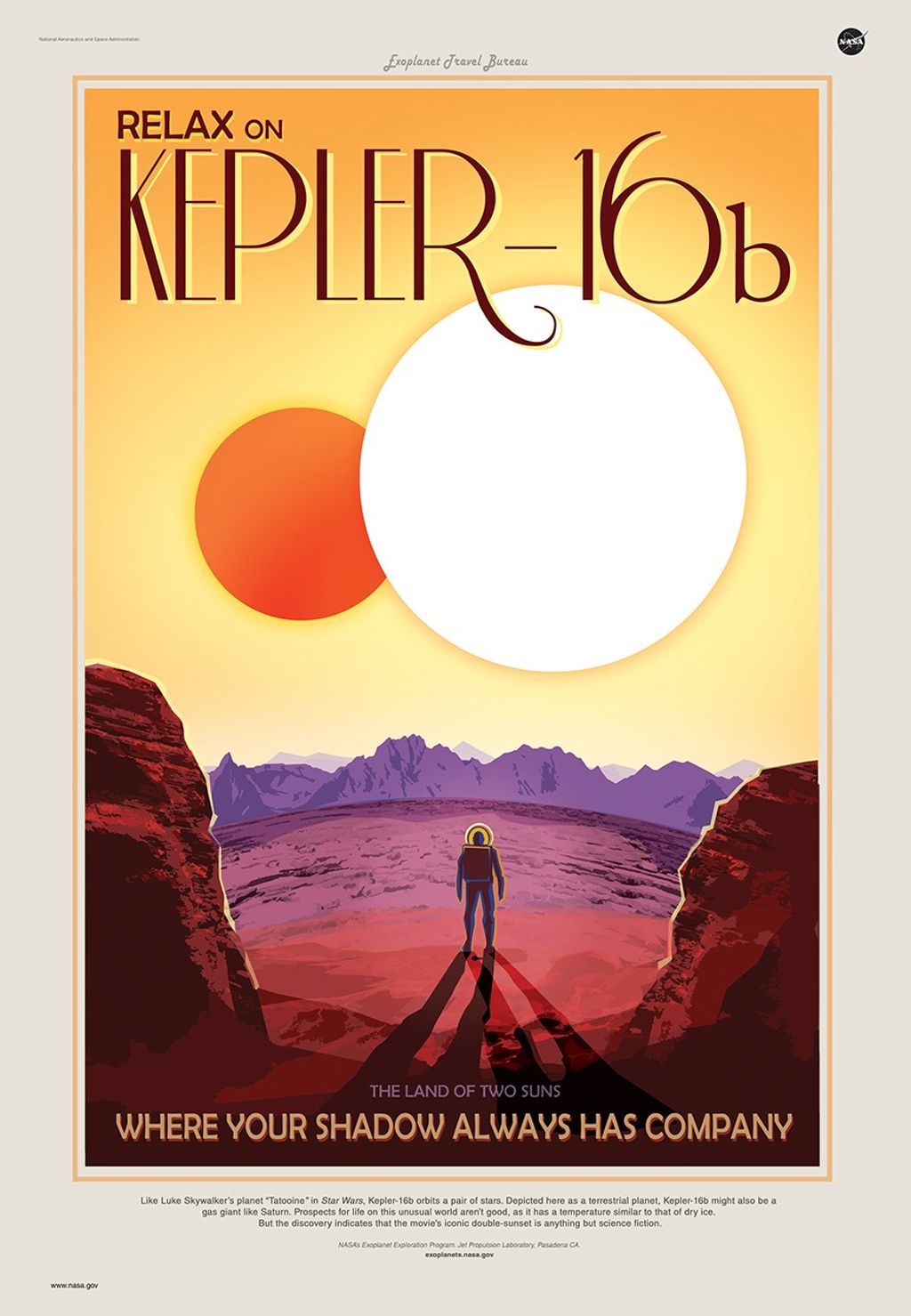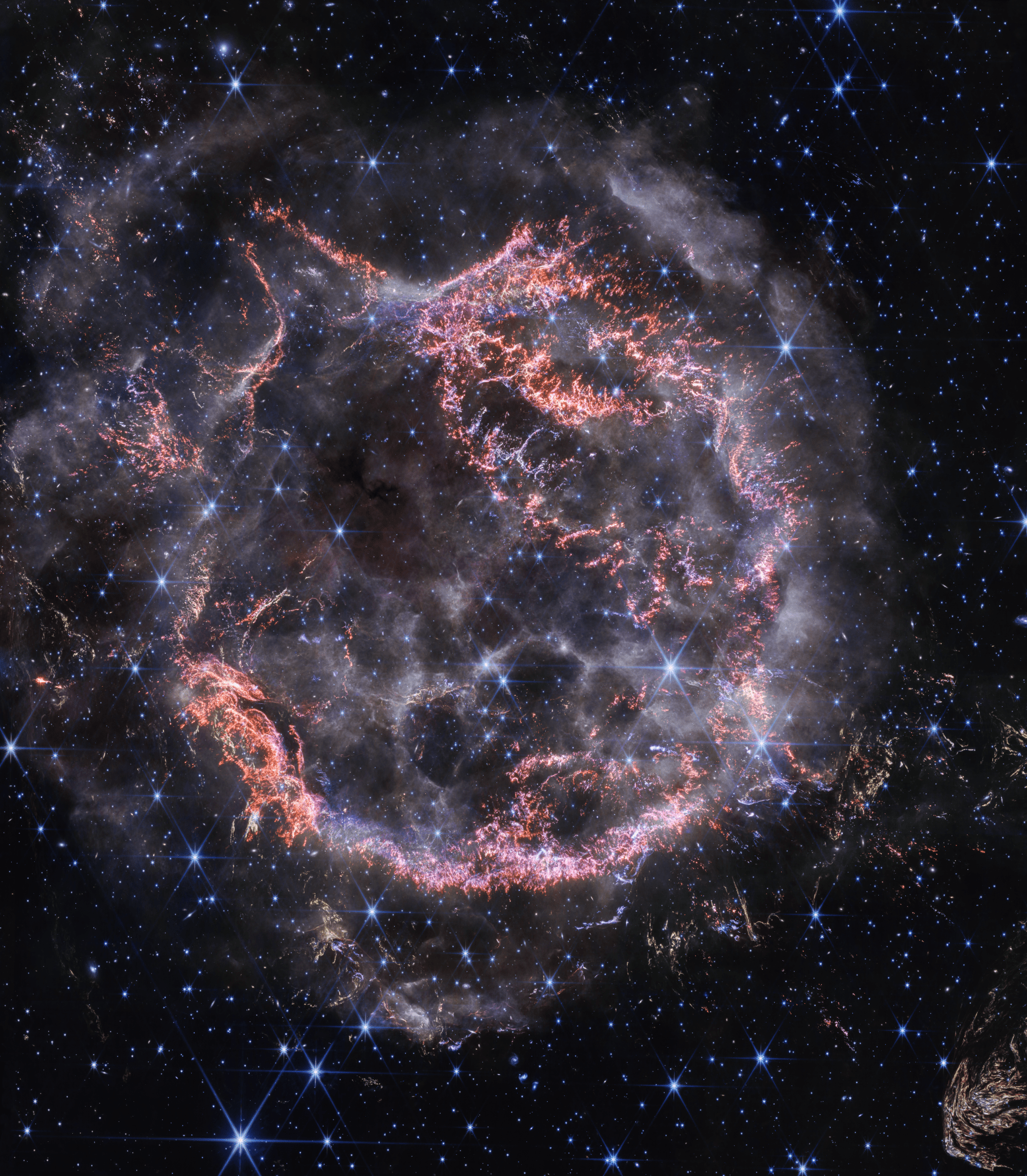August 12, 2025
Speaker Dr. Walt Alvarado
Title:
An AI-Powered Platform for Standardizing Scientific Data
Abstract:
Biological datasets are often heterogeneous and unstructured, making it challenging to compare findings, aggregate results, or reuse data across experiments. Over the past year, we’ve built and launched a generative AI-powered tool designed around a curator-in-the-loop approach, enabling subject matter experts to collaborate directly with large language models (LLMs) for more efficient data standardization and interpretation. Leveraging multiple LLMs, the system automatically generates structured summaries from unstructured files, supports header-level data inference, and accelerates the population of curated pages on NASA’s Open Science Data Repository (OSDR). The platform integrates seamlessly with NASA data workflows but is adaptable to other scientific repositories, improving both the accessibility and consistency of technical metadata, while a companion conversational agent enables data exploration and efficient retrieval of curated content. These efforts advance NASA’s goals of transparency and collaboration across the research community.
Video recording: https://www.youtube.com/watch?v=UdhSTjSRwHc
May 14, 2025:
Speaker Dr. Daniel Angerhausen
Title:
How Machine Learning helps in the search for life in space
Abstract:
In my talk I’ll be sharing insights from my journey in applying AI to space exploration. In this presentation, I’ll cover:
-My experiences with NASA’s Frontier Development Lab and key lessons learned in AI-space collaborations.
-How we’re using deep learning to improve exoplanet detection [Classification]
-Our work on biosignature analysis for the LIFE (Large Interferometer For Exoplanets) mission, including advanced spectral retrieval techniques. [Simulation based inference, dimensionality reduction, generative models]
-A SETI/Technosignature project using unsupervised machine learning to detect features on the Moon’s surface. [anomaly detection]
I’ll emphasize the importance of collaboration between domain experts and AI specialists, and discuss challenges we’ve overcome in applying ML to space science.
Video recording: https://www.youtube.com/watch?v=8pVoFSqKgnM
April 17, 2025:
Speaker Dr. Aastha Acharya
Title:
Understanding and Leveraging Uncertainty Quantification in Deep Learning Systems
Abstract:
As artificial intelligence and machine learning (AI/ML) methods are increasingly adopted into high-stakes applications, concerns about their reliability, robustness, and trustworthiness are also growing. This talk explores the critical role of uncertainty quantification (UQ) in addressing these skepticisms by distinguishing and analyzing two sources of uncertainties in deep learning systems: aleatoric and epistemic. Aleatoric uncertainty is an irreducible form of uncertainty, emerging from sources such as inherent data noise and randomness. Epistemic uncertainty is a reducible form of uncertainty, arising from limited knowledge of model parameters. We will present UQ techniques such as Bayesian Neural Networks, Monte Carlo dropout, and ensemble methods, and demonstrate how they can be integrated into deep learning pipelines. This will result in robust models that provide a measure of confidence in model predictions, thus improving their interpretability, reliability, and trustworthiness.
Video recording: https://www.youtube.com/watch?v=hXiNM0y5z4s
February 12, 2025:
Speaker Dr. Adrienne Hoarfrost
Title:
Demystifying Foundation Models and Transfer Learning for Astrobiology Applications
Abstract:
The proliferation of powerful large language “foundation models” has made AI more visible in daily life and enabled an explosion in new tools and capabilities that is still ongoing. In the domain sciences, there is equal potential to transform our understanding and predictive capabilities. In this talk, I will demystify what these foundation models are, how and why we are able to train them now, and the transfer learning process that enables widespread downstream tools and applications. In astrobiology, we have the added challenge of creating models that generalize to highly novel environments and contexts – so we will give special attention to model training and evaluation approaches for astrobiology data and applications.
Video recording: https://www.youtube.com/watch?v=2aYMQX1JDuM
September 24, 2024:
Speaker Dr. Floyd Nichols
Title:
A Gentle Introduction to Machine Learning for Astrobiology, Part 2: Supervised Learning
Abstract:
Modern instrumentation and laboratory techniques have resulted in an exponential rise in the volume and complexity of data collected for astrobiological research. As such, a shift from standard statistical approaches to more advanced statistical techniques is necessary to adequately understand and examine these more complex datasets. Currently, machine learning methods are underutilized in astrobiology; however, such techniques excel at revealing structure and hidden patterns in large and/or complex data. Machine learning can be daunting to implement in astrobiology work due to the plethora of algorithms available, a requirement of some programming knowledge, and data science and statistical literacy. This talk will provide the basics and fundamentals of artificial intelligence (AI) and machine learning (ML) to equip astrobiologists with a foundation for implementing available AI/ML techniques in their own research. More specifically, Part 2 of this series will focus on the fundamentals and applications of supervised learning techniques. Additionally, I will provide a publicly available python notebook tutorial designed to teach and introduce machine learning approaches including unsupervised and supervised methods in the context of astrobiology.
Google Colab Tutorial Link:
https://colab.research.google.com/drive/1hYCYH9rMlqMxbndAgMV03ufBKR8nAAPV?usp=sharing
Video recording: https://www.youtube.com/watch?v=erQezPVG5ig
September 10, 2024:
Speaker Dr. Floyd Nichols
Title:
A Gentle Introduction to Machine Learning for Astrobiology, Part 1: Unsupervised Learning
Abstract:
Modern instrumentation and laboratory techniques have resulted in an exponential rise in the volume and complexity of data collected for astrobiological research. As such, a shift from standard statistical approaches to more advanced statistical techniques is necessary to adequately understand and examine these more complex datasets. Currently, machine learning methods are underutilized in astrobiology; however, such techniques excel at revealing structure and hidden patterns in large and/or complex data. Machine learning can be daunting to implement in astrobiology work due to the plethora of algorithms available, a requirement of some programming knowledge, and data science and statistical literacy. This talk will provide the basics and fundamentals of artificial intelligence (AI) and machine learning (ML) to equip astrobiologists with a foundation for implementing available AI/ML techniques in their own research. More specifically, Part 1 of this series will focus on the fundamentals and applications of unsupervised learning techniques. Additionally, I will provide a publicly available python notebook tutorial designed to teach and introduce machine learning approaches including unsupervised and supervised methods in the context of astrobiology.
Google Colab Tutorial Link:
https://colab.research.google.com/drive/1hYCYH9rMlqMxbndAgMV03ufBKR8nAAPV?usp=sharing
Video recording: https://www.youtube.com/watch?v=6TE1uDQAh0k
August 7, 2024:
Speaker Dr. Bethany Theiling
Title:
Building an Onboard AI to Act as an Advance Science Team
Abstract:
Scientists and science-fiction alike dream of exploring distant worlds that could harbor life outside of Earth. While humans cannot currently travel to the most promising candidates for life in our solar system – ocean worlds such as Europa and Enceladus – our spacecraft can. Our group has been developing a collaborative, onboard AI capability that draws not only from the expertise of human scientists, but one that can learn ‘on-the-fly’. We use multiple machine learning (ML) algorithms developed for mass spectrometry as a priori models – effectively as subject matter expertise in our AI framework. The framework analyzes data onboard, and multiple ML models act as a ‘science team’ with different perspectives. Here I will discuss how we use ML algorithms as an onboard science team and present a simulated mission scenario to Enceladus that demonstrates our onboard AI capability during a possible life detection event. Having this capability onboard would empower missions to collect more observations and Earth-based science teams to focus on interpretation and discovery.
Video recording: https://www.youtube.com/watch?v=aR3MK3tt-1Q
July 16, 2024:
Speakers Dr. Anirudh Prabhu and Dr. Michael Wong
Title:
Searching for life in the solar system using machine learning + pyrolysis–GCMS
Abstract:
The search for definitive biosignatures—unambiguous markers of past or present life—is a central goal of paleobiology and astrobiology. We recap recent efforts to search for life on nearby worlds and explore the rationale to develop so-called “agnostic biosignatures” for detecting life as we don’t know it. Then, we detail a novel biosignature method we’ve developed using pyrolysis–gas chromatography coupled to mass spectrometry, followed by machine learning. We analyzed a suite of 134 chemically disparate samples, including living cells, geologically processed fossil organic material, carbon-rich meteorites, and laboratory-synthesized organic compounds and mixtures. Data from each sample were employed as training and test subsets for machine-learning methods, which resulted in a model that can identify the biogenicity of both contemporary and ancient geologically processed samples with ~90% accuracy. These machine-learning methods do not rely on precise compound identification; rather, the relational aspects of chromatographic and mass peaks provide the needed information, which underscores this method’s utility for detecting alien biology.
Video recording: https://www.youtube.com/watch?v=5odOQ8g7xJM
April 25, 2024:
Speaker Dr. Ehsan “Sam” Gharib-Nezad
Title:
TelescopeML: Convolutional Neural Networks for Predicting Brown Dwarf Atmospheric Parameters
Abstract:
We are on the verge of a revolutionary era in space exploration, thanks to advancements in telescopes such as the James Webb Space Telescope (JWST). High-resolution, high-SNR spectra from exoplanet and brown dwarf atmospheres have been collected over the past few decades, requiring the development of accurate and reliable pipelines and tools for their analysis. For example, accurately and swiftly determining the parameters of brown dwarf atmospheres from observational spectra is crucial for understanding their atmospheric composition and guiding future follow-up observations. Spectral analysis using traditional methods is typically time-consuming, involving several statistical steps and assumptions. In this talk, we will discuss the implementation of the Convolutional Neural Networks (CNNs) method as a high-performance deep-learning algorithm, which was trained with synthetic brown dwarf spectra generated across a broad range of atmospheric conditions. The model has been tested on T-dwarf benchmarks and predicted effective temperature, surface gravity, carbon-to-oxygen ratio (C/O), and metallicity [M/H]. All the ML operators, visualization, and statistical functions are consolidated into multiple modules and published as a Python PyPI package, named TelescopeML. They are made publicly available along with a well-documented online tutorial covering installation, deployment, and core concepts.
Tutorial link: https://ehsangharibnezhad.github.io/TelescopeML/index.html
GitHub link: https://github.com/EhsanGharibNezhad/TelescopeML
Zenodo link: https://zenodo.org/records/11043721
Video recording: https://www.youtube.com/watch?v=FcAO7neags4


